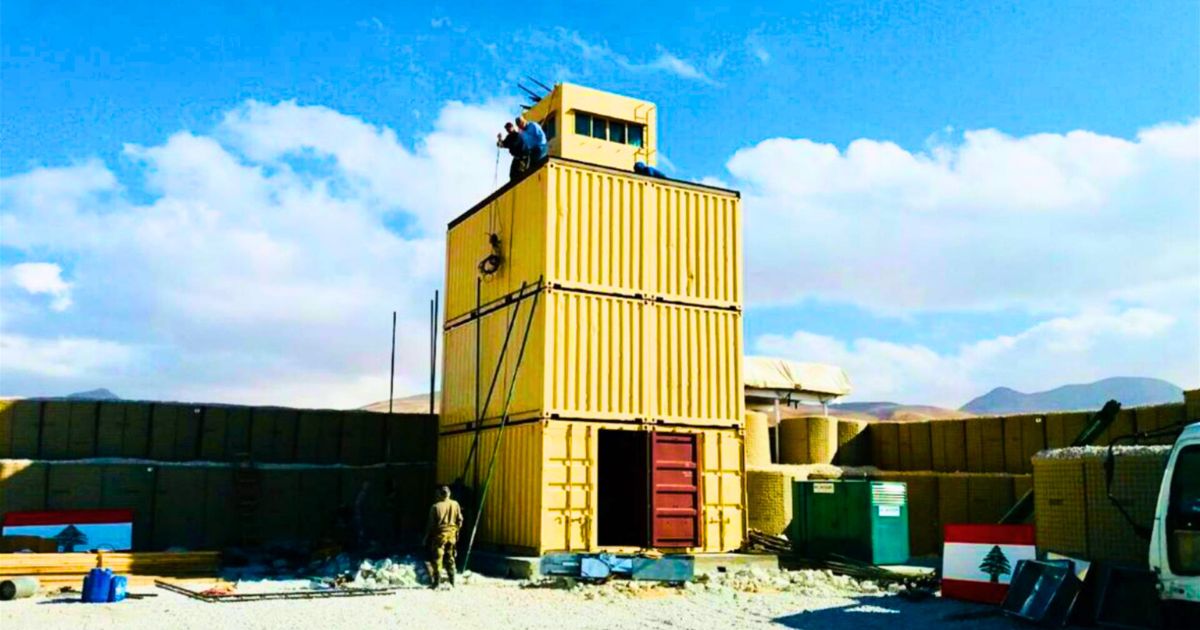Lebanon’s Supreme Judicial Council and Minister of Justice Marie-Claude Najem approved the resignation of the Judge of Urgent Matters in Tyre, Mohammad Mazeh, local media reported.
After receiving it from the Supreme Judicial Council, Minister Najem signed the request to end Mazeh’s work in the judiciary and, in turn, referred it to be signed by the relevant references.
Recently, Judge Mazeh was summoned to be inspected for “breaching eligibility to perform his duties.”
The summon ensued from his controversial order prohibiting local media from conducting interviews with U.S. Ambassador to Lebanon Dorothy Shea, and the latter from giving statements to the country’s media.
On that note, according to Al-Joumhouria, Minister Najem explained in a recent Cabinet session that summoning Mazeh for judicial inspection was, in fact, not a punishment.
Instead, the purpose of the inspection is “to supervise the proper functioning of the judiciary” and, when any matter raises confusion, “to justify the necessity of returning it to treatment within the institutions.”
Moreover, in Mazeh’s case, the inspection was necessary for two reasons. Firstly, it was important to study the decision and appeal in case it turned out to violate the law.
“Secondly,” Minister Najem said, “the decision created muddle in the country, touched upon the judge’s person in the media and the street, and somewhat offended the judge’s prestige, so it was necessary to refer him to the inspection.”
It is worth noting that while this one attracted the most attention, it was not the first time that Judge Mohammad Mazeh attempted to leave judicial work.
Judiciary sources told Al-Joumhouria that Mazeh submitted his resignation to the Supreme Judicial Council twice before this year, in 2017 and in 2019.
However, the Council did not decide on his resignation in either case, and the judge ended up withdrawing it both times.




















